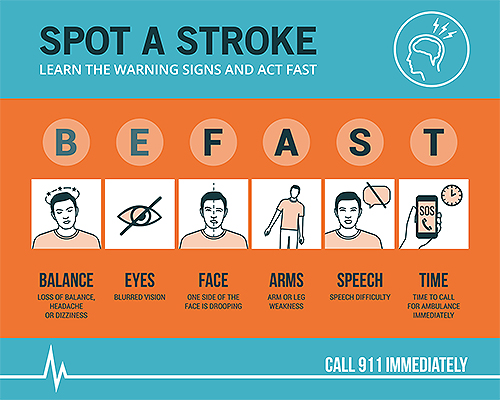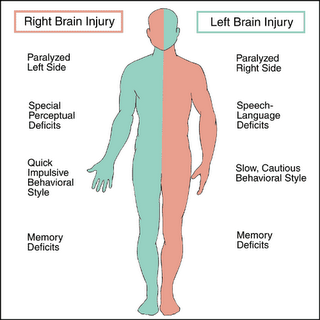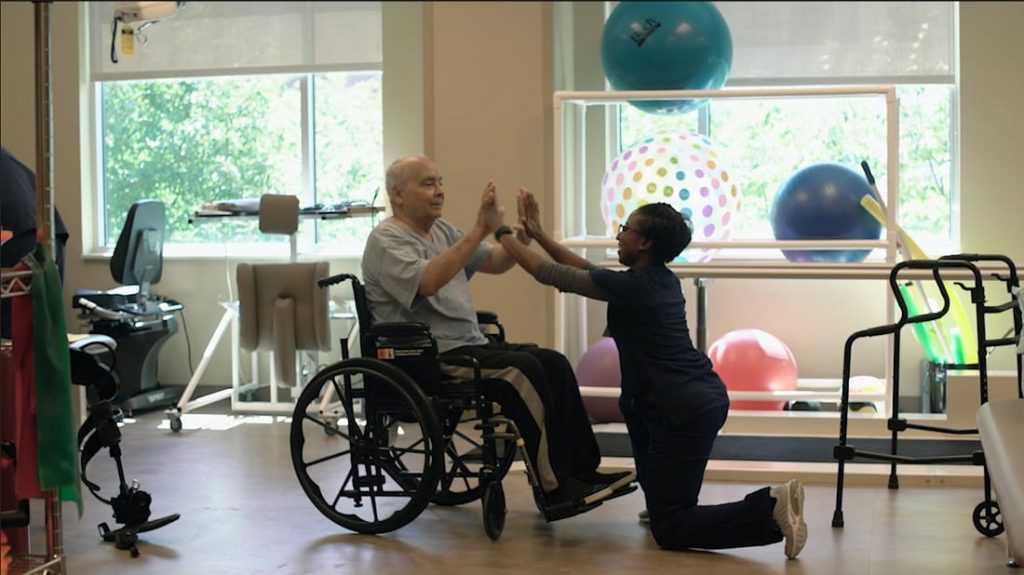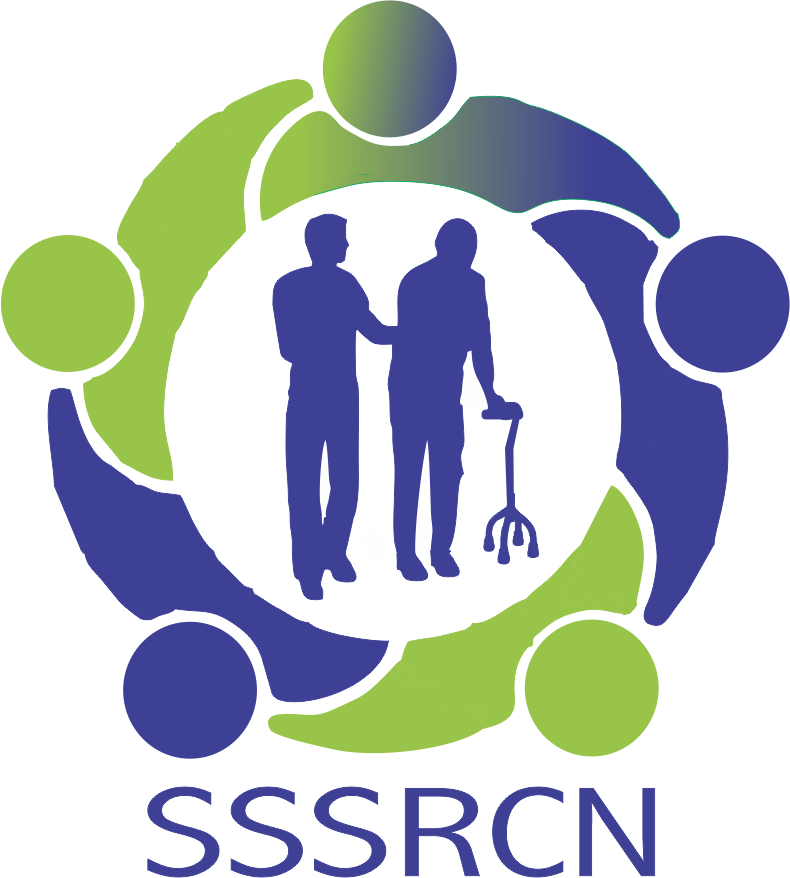Written by: ‘Seyi Talabi (PT)
Is it possible to have a repeat stroke?
Repeat stroke is a common occurrence, with studies indicating that 1 in every 4 stroke survivor will have a repeat stroke. However, it is essential to know that it can be prevented. It doesn’t take a lot of knowledge, stress, money, or effort to be prevented. The factors that caused your initial stroke should be noted and adjusted to your lifestyle so as to prevent a recurrence. Ultimately, being ignorant of these factors poses the greatest risk.
What does a repeat stroke mean?
Repeat stroke, as the name implies, is a kind of stroke that occurs after an individual has already experienced an initial stroke. The initial stroke may or may not lead to any form of disability. A repeat stroke indicates that the factors that caused the first have either been neglected or there are new risk factors.
What causes a repeat stroke?
A repeat stroke is still a stroke. The only difference is that in a repeat stroke, the stroke happened earlier, and it is yet, presenting itself again. The causes are also the same as those of stroke. A stroke may occur again when you refuse to adhere strictly to medical advice and treatment.

Also, the perspective of each member of the stroke rehabilitation team is of high importance. A good understanding of the role each professional plays in the condition can help fast-track improvement. When you think one is more important than the other, you tend to neglect or ignore the supposedly less important one(s), which is a major cause of Repeat stroke.
Furthermore, there are some things a stroke survivor has to take note of and report to medical professionals if they are presented with them. These include:
- Blood pressure (red flag if consistently too high)
- Blood sugar level(high)
- Difficulty in sleeping
- Fear of repeat stroke
- Alcohol and substance intake
- Prior episode of mini-stroke
What are the signs of a repeat stroke?
The symptoms of repeat stroke are the same as that of stroke. When you note any of these, it is best to call for a medical emergency as soon as possible because every minute counts. The symptoms are:
- Balance problem
- Blurred vision
- One side of the face drooping
- Numbness and weakness in the leg or arm
- Speech difficulty or trouble understanding
- Trouble walking
- Dizziness
- Headache with no known cause

Can a repeat stroke be prevented?
When you know the causes of stroke, you have a fair chance of preventing its recurrence. Here are some tips for the prevention of a repeat stroke:
- Control high blood pressure
- Control high blood sugar level
- Adhere strictly to professional advice
- Regular check-ups
- Surround yourself with people you love and genuinely love you too
- Seek medical advice when you discover something strange.
When exactly does a repeat stroke happen after a past stroke?
There is no time frame for the recurrence of a repeat stroke. Your body reacts to how well you take care of it. If you neglect the things you need to do so as to prevent a repeat stroke, then it might occur again.
Can a repeat stroke affect the same side of the body as the previous stroke?
Stroke results from restriction in blood flow to a part of the brain or too much blood flow to a part of the brain, which later causes rupture of vessels that carry blood (artery). The side of the brain in which this occurs determines the side of the arm or leg that will be affected. So, if the affected side of the brain is the same as that of the previous episode, then the same side of the arm and leg will be affected.

What steps should be taken after a repeat stroke?
A repeat stroke, just like a stroke, is an emergency. Immediately you notice the signs and symptoms, seek medical attention because time is very important in treating a stroke.

Where should I seek help after a repeat stroke?
Being ignorant of the root of a condition is dangerous. You gain insight into your body’s functioning when you seek medical attention. Medical professionals can help you detect any problems or irregularities and explain them in a way you can understand. Seeking means of management from non-medical experts might interfere with the progress of the condition.
Should someone with a previous stroke worry about a repeat stroke?
Repeat stroke will only occur when a room is created for it, such as not managing one’s risk factors for stroke. Stroke survivors should be more concerned about repeat strokes if they are not following their medical advice. For example, not taking the prescribed medications to manage their risk factors or keeping to their medical appointments.
How can these worries about a repeat stroke be avoided?
Talking to any member of the stroke rehabilitation team is advisable when you feel worried. Sometimes, all you need is reassurance from someone who is experienced. Try to avoid keeping these fears in. Talk to a professional!
References
1. American stroke association: https://www.stroke.org/en/life-after-stroke/preventing-another-stroke
2. Centers for Disease Control and Prevention; Stroke
3. Ihab Hajjar, Peng Zhao, David Alsop, Amir Abduljalil, Magdy Selim, Peter Novak, Vera Novak, Association of Blood Pressure Elevation and Nocturnal Dipping With Brain Atrophy, Perfusion and Functional Measures in Stroke and Nonstroke Individuals, American Journal of Hypertension, Volume 23, Issue 1, January 2010, Pages 17–23.
4. What are the signs and symptoms of a stroke?; CNS; https://www.neuroskills.com/brain-injury/stroke/what-are-the-signs-and-symptoms-of-a-stroke/

